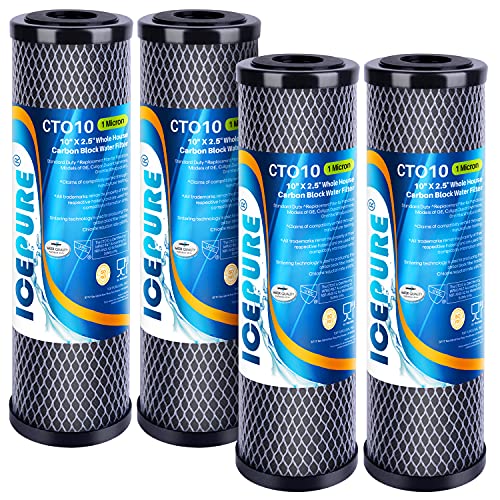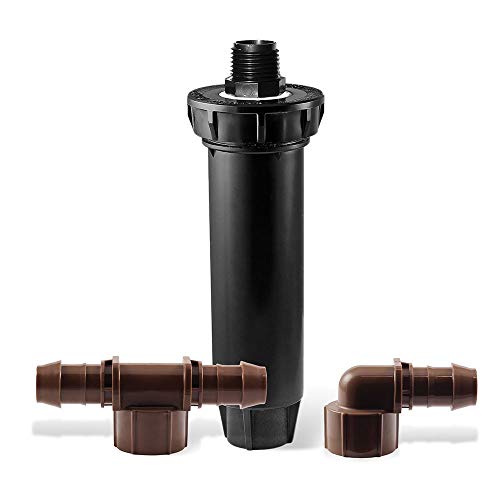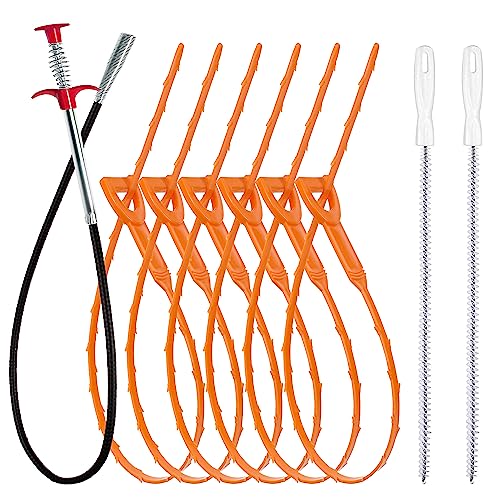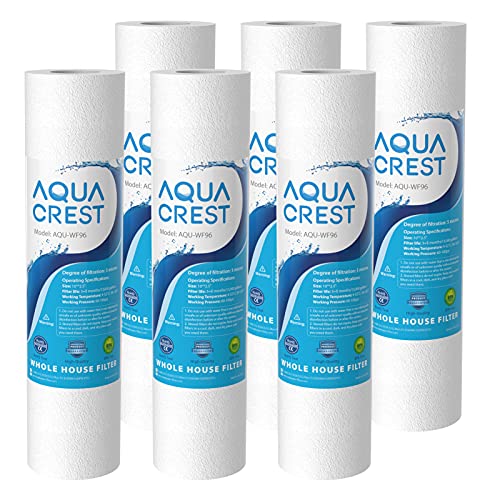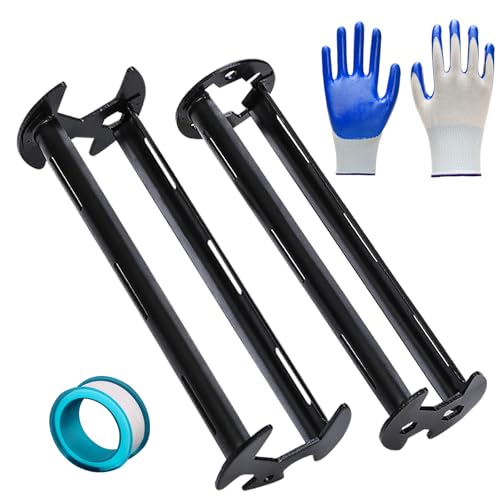Bert
Member
Hi well experts. I just moved onto some property that has an existing well in a pump house (no pitless adapter). It was cycling fine between 40 and 60 psi, but then about two weeks ago it suddenly will not get above 30 psi, which causes the pump to run continuously (I have since adjusted the pressure switch and pressure tank so it now cycles between 20 and 30 psi). I don't know the history of the pump, but from the well report it is a 427' deep using a Franklin Electric 3hp motor single phase. Static level is at 80'. It uses 1.25" galvanized pipe and was installed in 1984. As far as I know, it is the original pump as the control box is also from 1984. I did replace the start capacitor as the bottom was blown out of it, but couldn't find any other problems above ground. I looked up the pump specs and did an ohms test on the motor and it appeared to be within specifications, so I suspect a leak in the galvanized pipe. A few days ago the pressure suddenly came back for about half an hour, but the water was red/brown. After that the water again went down to 30 psi and the water became clear.
I already talked with a well guy and his advice is to replace everything, but with 1.25" galvanized pipe at $7 a foot I am seeing if there are other options. So, what would you do if this were your well problem?
I already talked with a well guy and his advice is to replace everything, but with 1.25" galvanized pipe at $7 a foot I am seeing if there are other options. So, what would you do if this were your well problem?
















